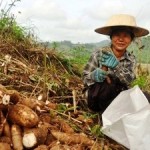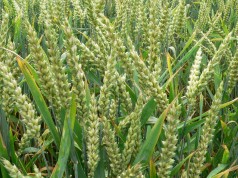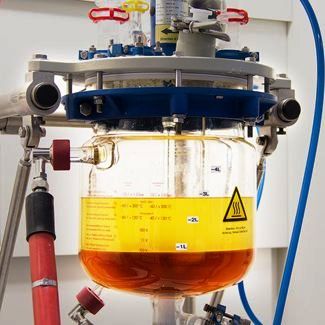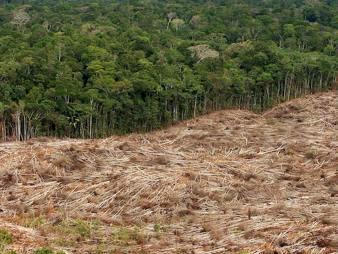
On May 20, the international development agency, ActionAid, warned that governments are driving the global rush for land by offering incentives to private investors and companies, putting some of the world’s poorest people at risk of increased hunger and poverty.
There has been a major increase in land deals in recent years, often in areas already occupied by poor communities.
In a new report, “The Great Land Heist: How Donors and Governments are Paving the Way for Corporate Land Grabs”, ActionAid highlights how incentives including free or cheap land, cut-price loans and generous tax incentives are used by governments, donors, international agencies and financial institutions like the World Bank to attract private investors. These incentives are provided in the mistaken belief that large-scale agriculture and foreign investments are the only tools available to achieve growth and food security.
“Governments are turning to private capital to fill the massive shortfall in public spending but too often this blind rush for investment is leading to land grabs which are leaving communities landless, homeless and hungry. Growth cannot be achieved at the expense of the poorest and most vulnerable,” said Antoine Bouhey, Campaign Manager, ActionAid.
The majority of land deals by foreign investors in poor countries are to produce food and biofuels for export, not to feed people within the country. ActionAid’s experience is that these land deals often do not deliver the jobs, schools, roads and other benefits promised to communities.
Many land deals are in fact land grabs carried out without proper consultation, consent and compensation, and can lead to forced evictions, conflicts and the violation of human rights. Women, who produce up to 80 percent of food in most developing countries, are most vulnerable as they often have weaker land rights.
Governments and investors are driving communities who have no legal land title or formal ownership rights off the land they have lived on or used for generations.
In north-west Senegal, an Italian-backed company, Senhuile-Senéthanol, has acquired land in the Ndiaël Nature Reserve, home to nearly 9,000 people who live in 37 villages. The people are mainly semi-nomadic farmers who depend on the land for their survival.
The company’s activities are threatening the communities’ livelihoods by taking away vital grazing land and restricting access to food, water and firewood. The majority of people living in the area are now calling on the company to cease operations and restore their land rights.
“Pastoralism is our main source of income but today we are in a very difficult situation because the lands we use for food and grazing are blocked by fences and water channels. We are ready to defend our interests to the end because we have nowhere to go,” said Bayal Sow, a member of the Ngith community within the Ndiaël Nature Reserve.

ActionAid warns that international initiatives such as the G8’s New Alliance for Food Security and Nutrition prioritise the interests of the private sector and the creation of large commercial farms while ignoring the role of small farms in providing food and improving income. Yet studies show that small-scale farmers with the right training and support are more productive than larger commercial farms.
“While touted as a solution to combating hunger and poverty, the New Alliance is pressuring African governments to take actions that are leaving many of their people without the land they depend on to make a living and feed their families – thus undermining what it sets out to achieve,” said Bouhey.
ActionAid calls on all governments to have a zero tolerance for land grabs. They must end the incentives and policies that are fuelling land grabs and instead provide increased investment to help small-scale farmers and food producers improve their profitability, resilience and access to markets.
“Continuing with the current strategy and creating further incentives for large-scale land deals will only result in more hardship, distress and poverty for some of the poorest communities. Governments must involve all legitimate land users in reforming land tenure so that small-scale food producers, not investors, are in the driver’s seat of development,” said Bouhey.
National governments must recognise and protect the land rights of all their citizens, especially the rights of women. Any land deals that do take place must follow the principles of free, prior and informed consent. They must be transparent, offer the rightful compensation, and benefit rather than disadvantage communities.
Check the following link to read/download the Full Report:
http://www.actionaid.org/publications/great-land-heist
Source: ActionAid.
ActionAid is a global movement of people working together to achieve greater human rights for all and defeat poverty. They believe people in poverty have the power within them to create change for themselves, their families and communities. ActionAid is a catalyst for that change.














